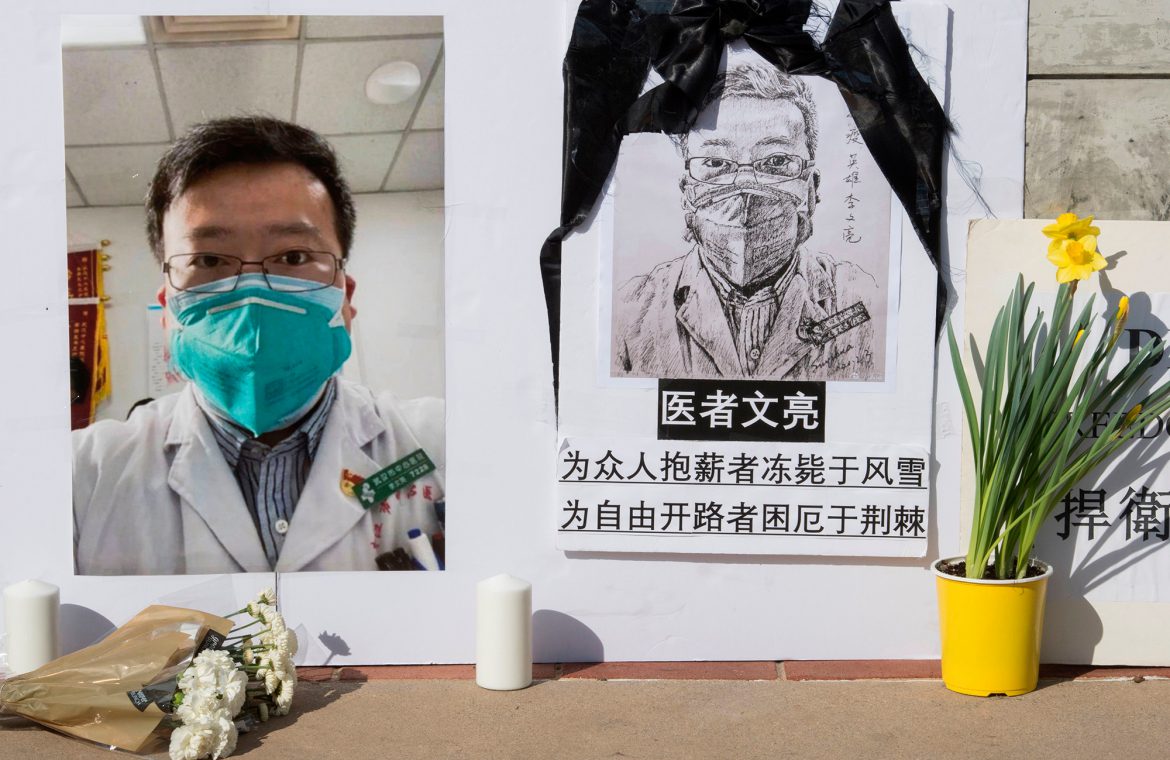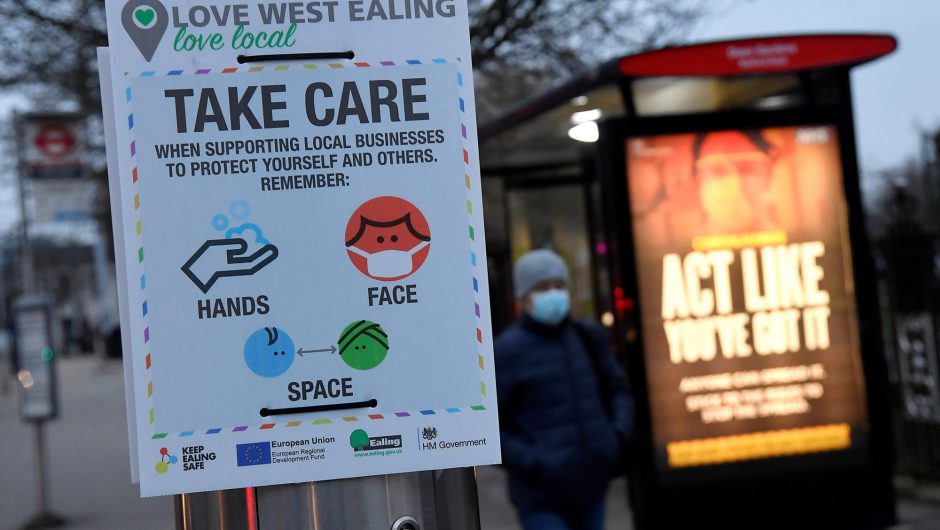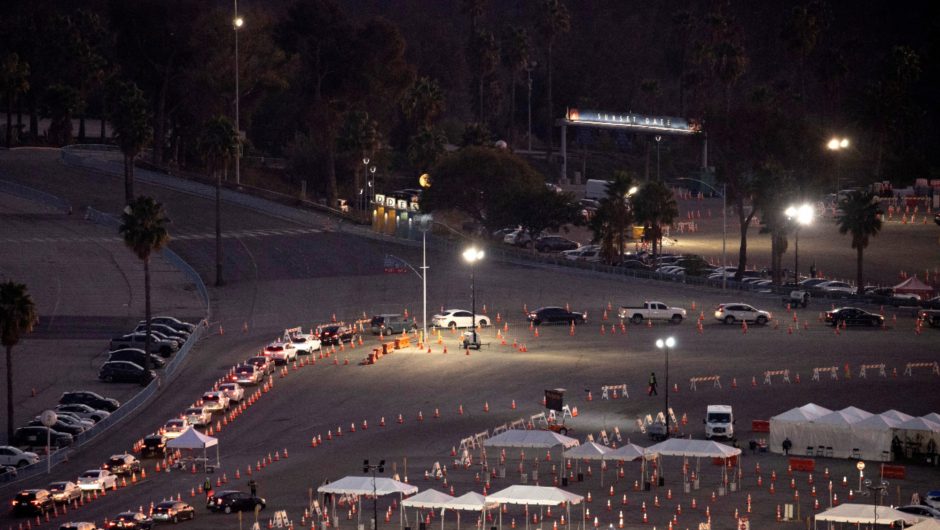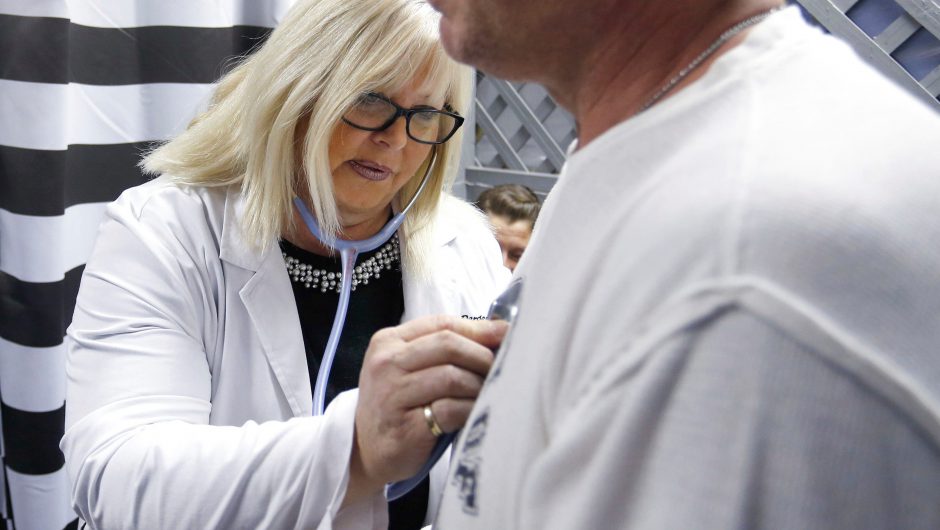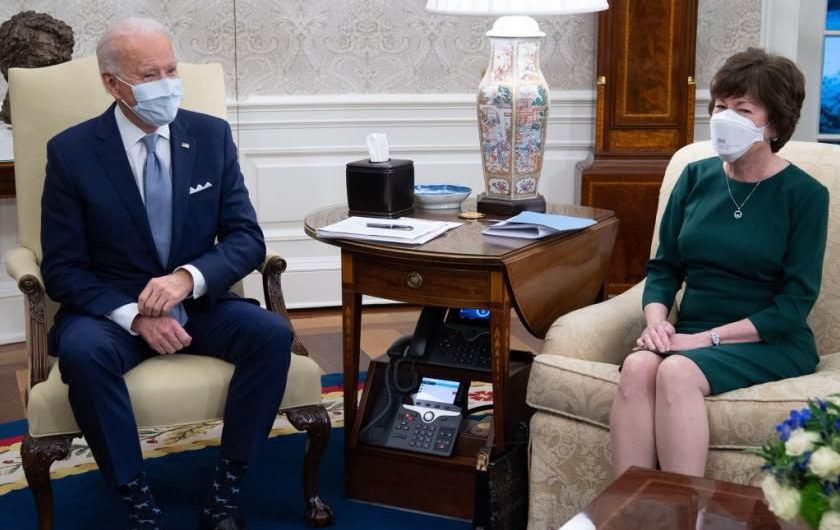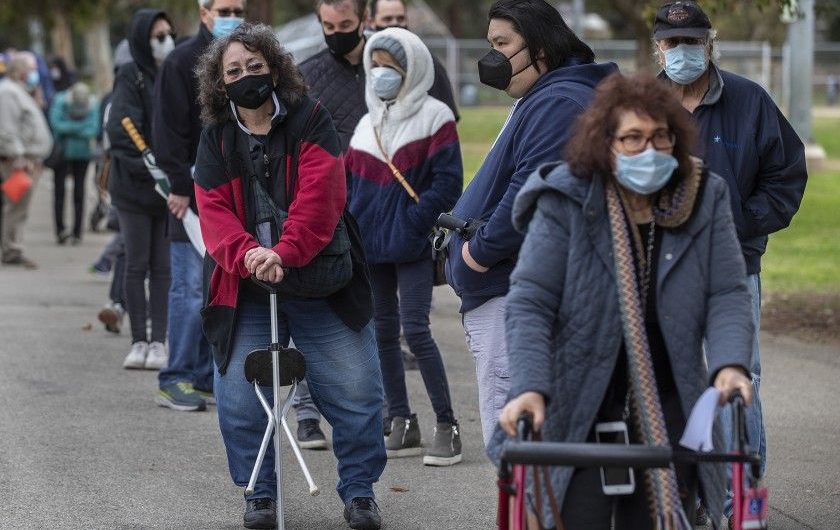Following the news of the death of top Chinese doctor Li Wenliang, who tried to issue the first warnings about coronavirus, the Chinese Communist Party reportedly used their armies of paid internet trolls to suppress the story.
A report co-authored by ProPublica and the New York Times detailed the how Li’s sudden passing at the young age of 34 was described as an “unprecedented challenge” that could set off a “butterfly effect.”
“As commenters fight to guide public opinion, they must conceal their identity, avoid crude patriotism and sarcastic praise, and be sleek and silent in achieving results,” reads one directive sent to news outlets and social media platforms, one of thousands reviewed by ProPublica and The Times that were issued confidentially by the government.
The Chinese Communist Party has long been known for their penchant for censorship, but the documents provided an insight into the level of sophistication in Beijing’s efforts.
According to the report, they ordered news websites not to issue push notifications alerting readers to Li’s death. They also told social media sites to gradually remove his name from trending pages.
As the novel virus began to enter the public’s consciousness earlier this year, the Chinese Communist government began deploying paid internet trolls– dubbed the 50 Cent Army– to besiege social media sites with pro-CCP commentary.
The documents reviewed for the piece came from the country’s internet regulator, the Cyberspace Administration of China, and included files from Urun Big Data Services, a Chinese company that makes software used by local governments to monitor what its citizens are doing online and manage groups of online commenters.
Neither responded to the outlet’s requests for comments on the documents.
“China has a politically weaponized system of censorship; it is refined, organized, coordinated and supported by the state’s resources. It’s not just for deleting something. They also have a powerful apparatus to construct a narrative and aim it at any target with huge scale,” Xiao Qiang, China Digital Times founder, told the outlets.
“This is a huge thing,” he added. “No other country has that.”
Prior to his untimely death, Li was a suddenly familiar face in China when he and seven others became whistleblowers sounding an early alarm about the new virus.
At the time, he was reprimanded and denounced by authorities for “rumormongering.”
He was briefly arrested before he died from the virus.
China, a nation that has faced a wave of international scrutiny over the past few years relating to their activities in Hong Kong and the mass internment of Uighurs, has seen global tensions reach new heights amid their refusal to accept responsibility for a lack of transparency and negligence at the outset of the outbreak.


